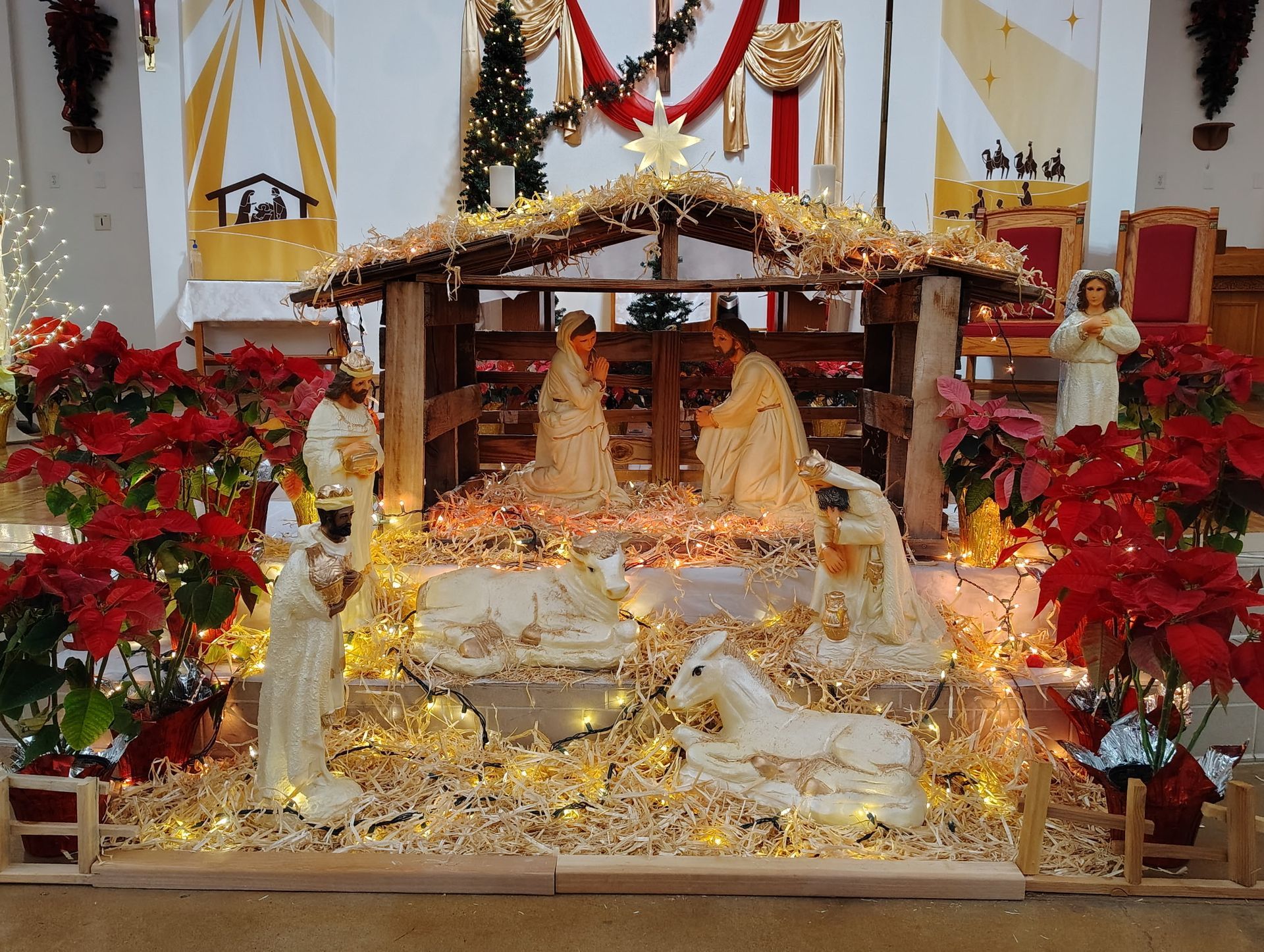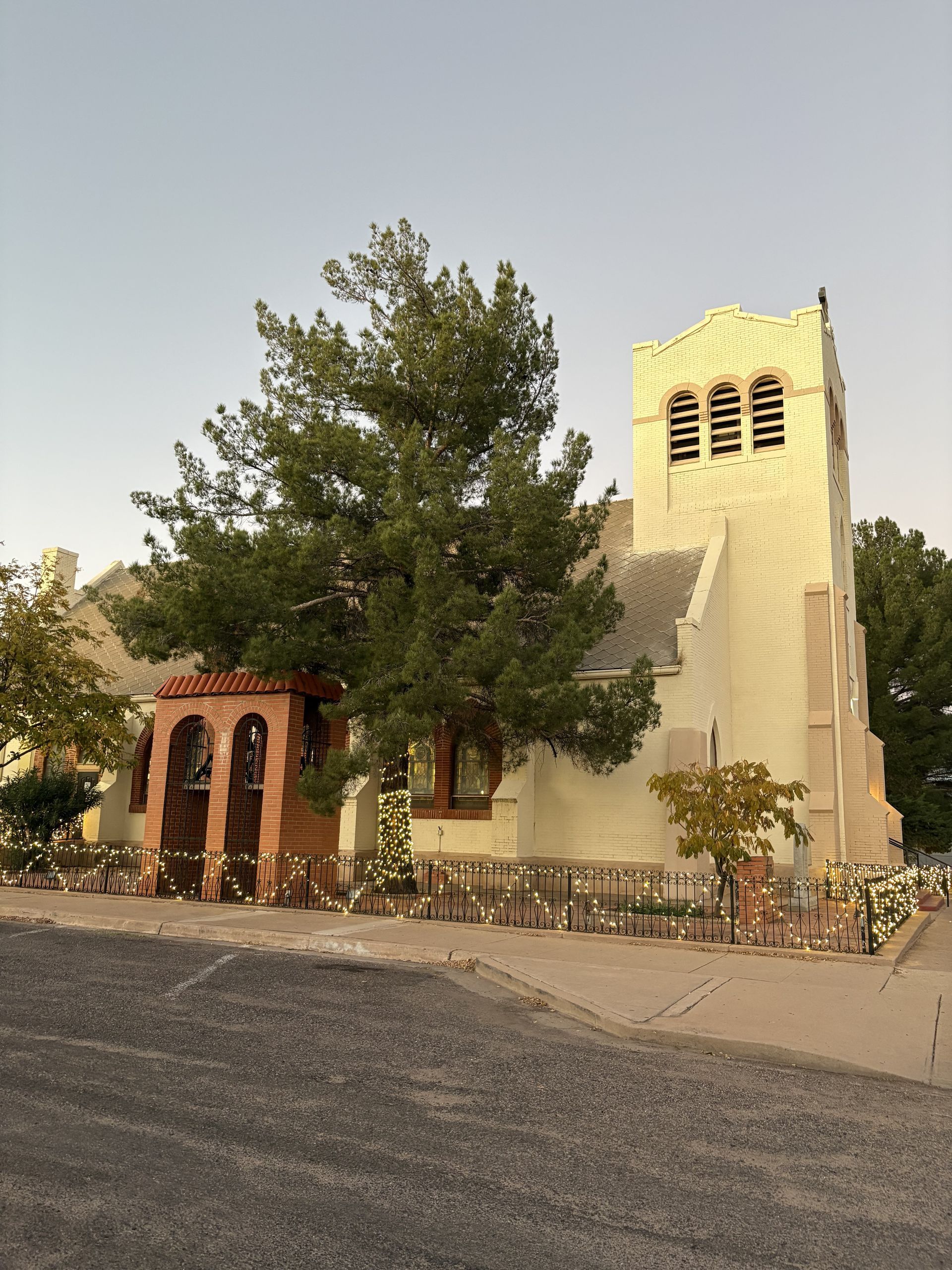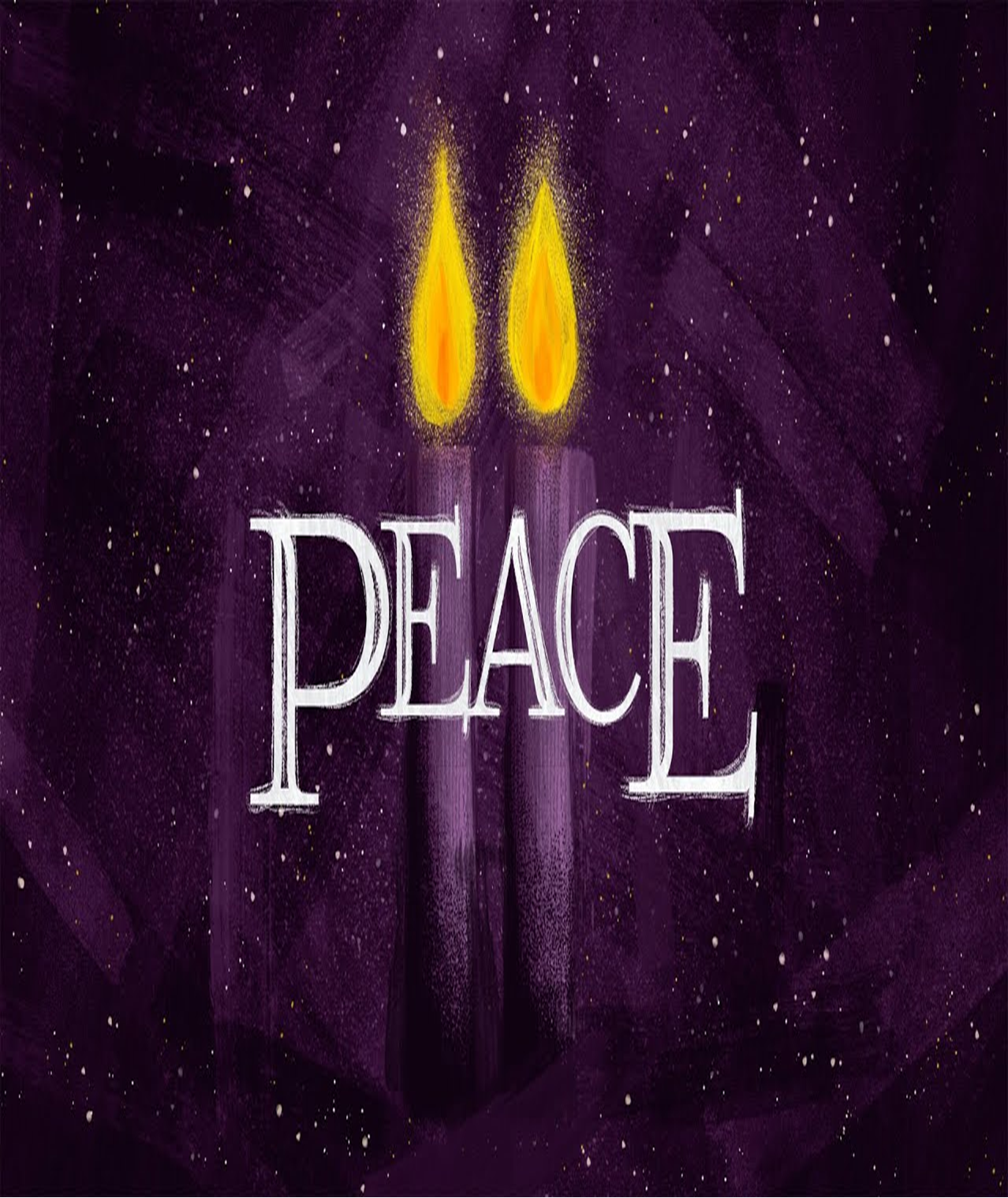An enormous amount of effort, nowadays, is particularly devoted to welcoming Catholics back in the church after decades of endlessly seeking spiritual renewal provided mostly by Evangelicals. It's the sense of belongingness and the search for meaning that are of paramount importance to them. I have read and seen testimonies of former Catholics claiming they've never felt as alive and welcomed except in their new found community. A vast number, not into the business of organized religion and its bureaucracy, simply opt to be out of the list, become unaffiliated and who knows what they do on Sunday. There are many factors that have led to this phenomenon: failure to sustain the rapidly growing numbers, lack of manpower, training and proper implementation at the grassroots level. Programs such as CatholicsComeHome, Catholicism Project and parish initiatives help a lot in this huge undertaking of inviting, so to speak, the fallen-away Catholics.
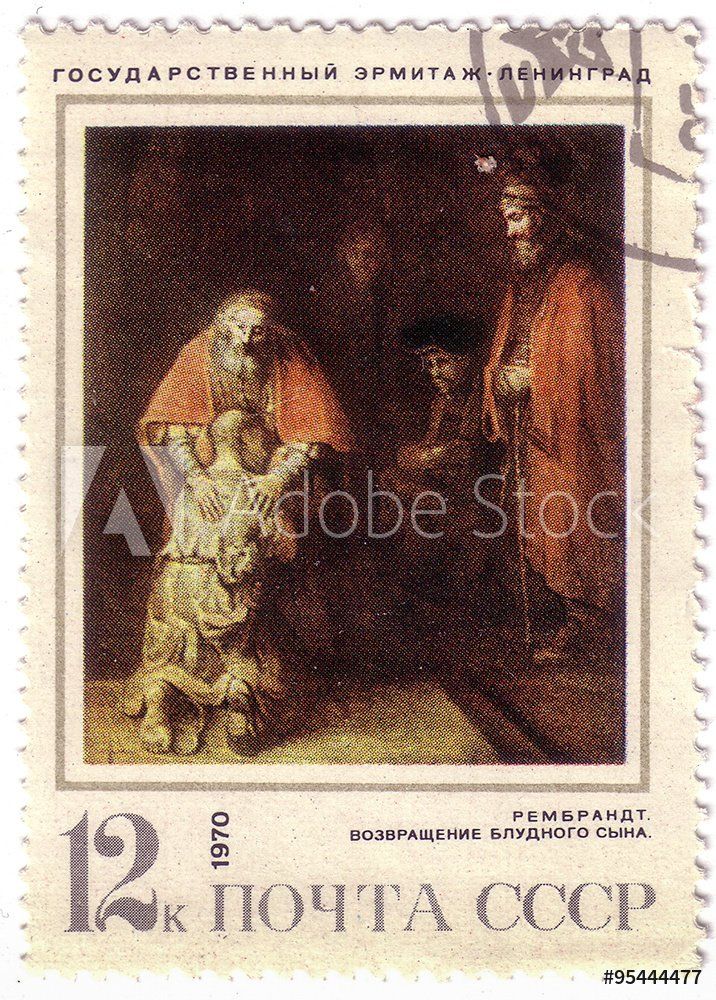
The fifteenth chapter of Luke is often called 'the gospel within the gospel' as it remarkably contains stories that are essentially, at the core of Jesus' teaching. The parable of the lost sheep is a story of a shepherd, knowing that a sheep is missing, takes the risk of leaving the 99 behind unattended and goes out in the thicket tirelessly searching. As soon as he finds it, he drapes it around his shoulder and returns to the flock. The parable of the lost coin is a story of a woman, losing a treasured coin, refuses to give up. She, instead, lights a lamp and carefully sweeps around her house until she recovers it. And lastly, the parable of the prodigal son, the most famous the world has ever known, is a story of a Father who embraced his son unconditionally even after wasting his life and letting it sink deep. And guess what, they even partied. It's relatively easy to see our lives as the sheep wandering off in the wild brush, the coin falling through the cracks and living on the edge and the son, squandering his share of the family's property and going back home bankrupt.
The gospel is also called the parable of the lost which timely starts with the grumbling of the religious leaders about him sitting at table, associating, zipping a cup of coffee with the despised of the society, with the same people society disowns. It is a response to the complaints of the scribes and pharisees seeing Jesus hanging around with the despicable.
He acted contrary to the popular belief of staying away from the sinner and affirming the God-fearing. He didn't only talk about politics, religion and sports but worse, dined with them as if they were VIP's. Not only it was scandalous for a religious leader to do that, he seemed to give the impression, he was condoning their sinful behaviors. As you know, a person is normally judged by the company he keeps. He didn't mind at all, though. Rather, he used it as an occasion to demonstrate and depict a God, outside of the box, which for a pharisee, was unthinkable. He mirrored a compassionate God, who understands the emptiness of being lost, the pain of separation, the need to belong and the struggle to return. It was the kind of God who goes out in search mode even for one sinner. Does that mean it's alright to lose my religion to feel so special and precious, like never before, in the eyes of God? Of course, not. But, I can imagine Jesus spending time with folks terribly hooked in drugs, with those practicing witchcraft and magic in town and the alienated. It is against this backdrop that he told them the stories of the lost sheep, the lost coin and the lost son. God seeks us sinners regardless of the circumstances.
God’s joy goes beyond words upon finding the lost sheep, the lost coin and the lost son. I don’t think many of us will even attempt to search for the lost tool in the garage and the needle in a haystack as we would rather just get a new one. The lost don’t simply need to be accepted as they stand. Paul writing to Timothy says, in his unbelief, he was once lost out of ignorance and added, “Christ Jesus came into the world to save sinners (1 Tim. 1:15)”.
Some of us are like the lost coin, simply in the wrong place at the wrong time. Others are lost because, in our native stupidity, we have left the common path and wandered off on our own. And some of us get in trouble because we have willfully abandoned our Father’s house and squandered our birthright in self-indulgence. Whatever the reason for our finding ourselves far from where we want to be, we can be sure of one thing: God is actively seeking us in our misery, wanting nothing else but to bring us to that place of joyful reconciliation, whatever is lost is recovered and sinners are welcome to celebrate in the eternal banquet hall of heaven.
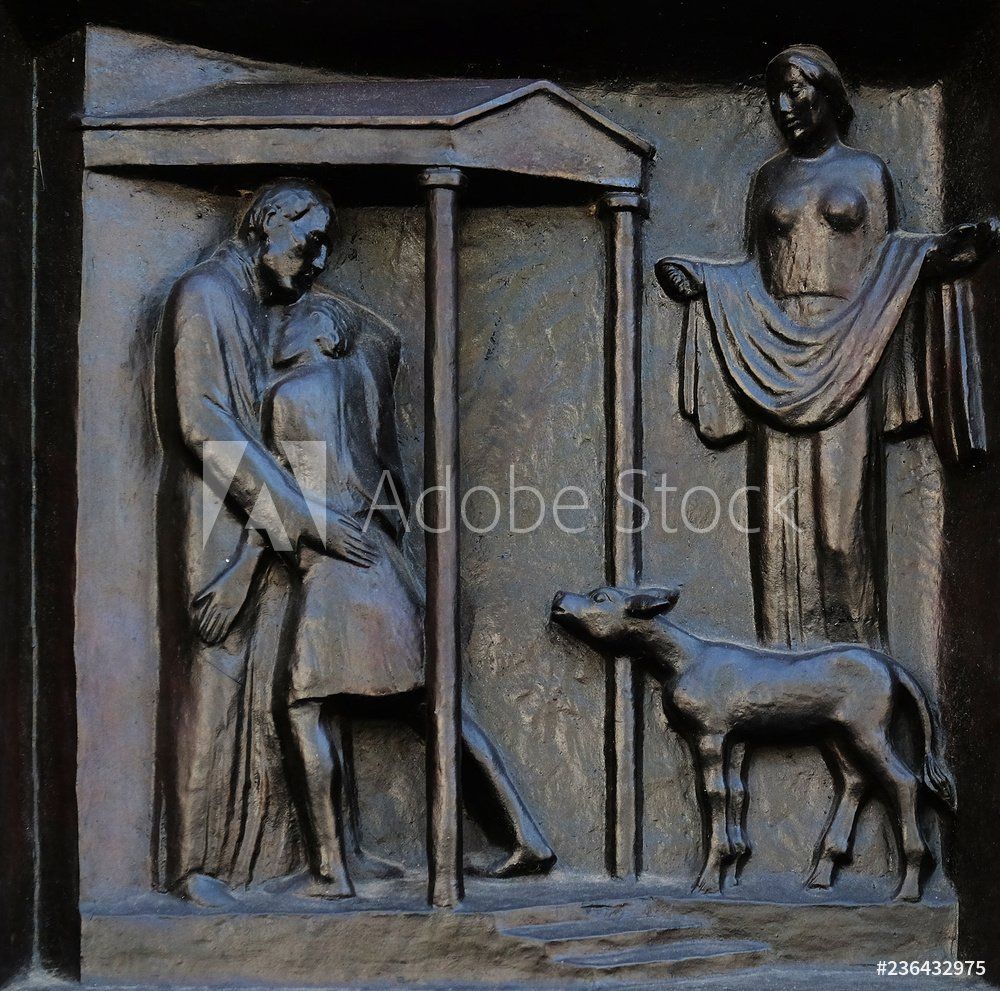
“There will be more joy in heaven over one sinner who repents than over ninety-nine righteous persons who need no repentance.” “There will be more rejoicing among the angels of God over one sinner who repents.” But we must celebrate and rejoice, because your brother was dead and has come to life again; he was lost and has been found.” The Psalm 51 says, “I will rise and go to my father.” God relentlessly doesn’t seek us sinners for the sake of taking us back but for a change. He never delights over the destruction of a sinner. Exodus tells us, “God relented in the punishment he had threatened to inflict on his people (Ex. 32: 14).”
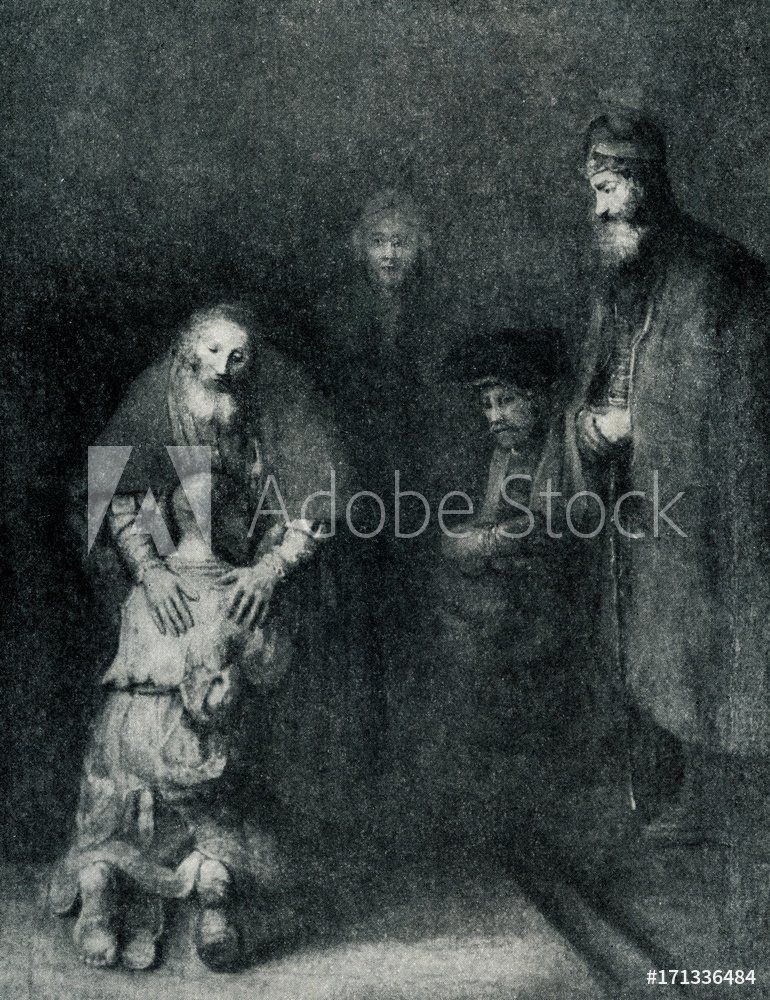
Finally, this parable within a parable which presents layers and depths of meaning is an invitation addressed primarily to us: the faithful, righteous, obedient and well-informed Catholics, to consider taking the role of the shepherd, the woman and the Father, join and rejoice in the delightful and successful discovery of the lost. Joy has been the hallmark of Pope Francis. Notably, most of his apostolic exhortations have been about joy: Amoris Laetitia (The Joy of Love), Evangelii Guadium (The Joy of the Gospel), Gaudete y Exsultate (Rejoice and be glad), Christus Vivit (Christ is alive). Amen.

